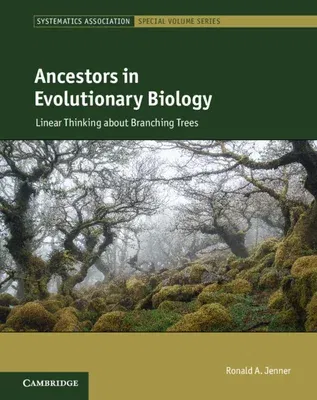Ronald A Jenner
(Author)Ancestors in Evolutionary Biology: Linear Thinking about Branching TreesHardcover, 27 October 2022

Qty
1
Turbo
Ships in 2 - 3 days
Only 2 left
Free Delivery
Cash on Delivery
15 Days
Free Returns
Secure Checkout

Part of Series
Systematics Association Special Volume
Print Length
398 pages
Language
English
Publisher
Cambridge University Press
Date Published
27 Oct 2022
ISBN-10
1107105935
ISBN-13
9781107105935
Description
Product Details
Author:
Book Format:
Hardcover
Country of Origin:
GB
Date Published:
27 October 2022
Dimensions:
25.65 x
20.07 x
2.29 cm
ISBN-10:
1107105935
ISBN-13:
9781107105935
Language:
English
Location:
New York
Pages:
398
Publisher:
Weight:
1088.62 gm